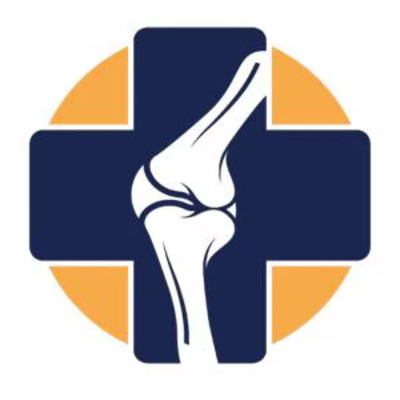Orthopedic surgery is a specialized branch of medicine focused on diagnosing, treating, and preventing conditions related to the musculoskeletal system, including bones, joints, ligaments, tendons, and muscles. It plays a crucial role in restoring mobility, relieving pain, and improving the quality of life for patients suffering from injuries or chronic conditions. Common orthopedic procedures include joint replacements (such as hip and knee replacements), arthroscopy (a minimally invasive surgery for joint problems), spinal surgery, and fracture repair. These surgeries help patients recover from conditions like arthritis, sports injuries, degenerative diseases, and congenital disorders. Advances in medical technology, including robotic-assisted surgery and minimally invasive techniques, have improved surgical outcomes, reduced recovery times, and minimized complications. Recovery from orthopedic surgery varies depending on the procedure and patient health. Rehabilitation, including physical therapy, is often essential to regain strength and mobility. Patients are advised to follow post-operative care instructions carefully to ensure a smooth recovery. Orthopedic surgery significantly enhances the quality of life for individuals suffering from musculoskeletal disorders. With ongoing advancements in surgical techniques and medical care, patients can expect safer procedures and better long-term outcomes, allowing them to return to their daily activities with improved comfort and function.

This is your website preview.
Currently it only shows your basic business info. Start adding relevant business details such as description, images and products or services to gain your customers attention by using Boost 360 android app / iOS App / web portal.
919810090858
Have any question or need any consultation?
Online appointment booking is not available right now.
Your enquiry
Your contact info
Appointment Confirmed
Your appointment ID is
| Doctor Name: | |
| Date & Time: | |
| Contact: | +919310795603 |
| Address: | G-49, Basement, Greater Kailash-3, Masjid Moth, New Delhi- 110048 |
| Appointment fee: | |
| Payment mode: | |
| Join video call at: |
Thanks for choosing us.Your appointment details has been shared on your mobile number as well. Please arrive atleast 10 minutes ahead of the scheduled time.
Success
